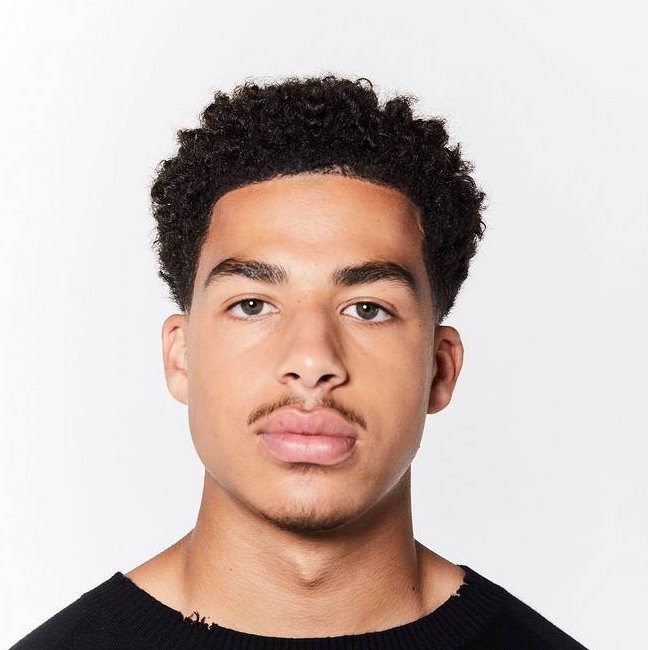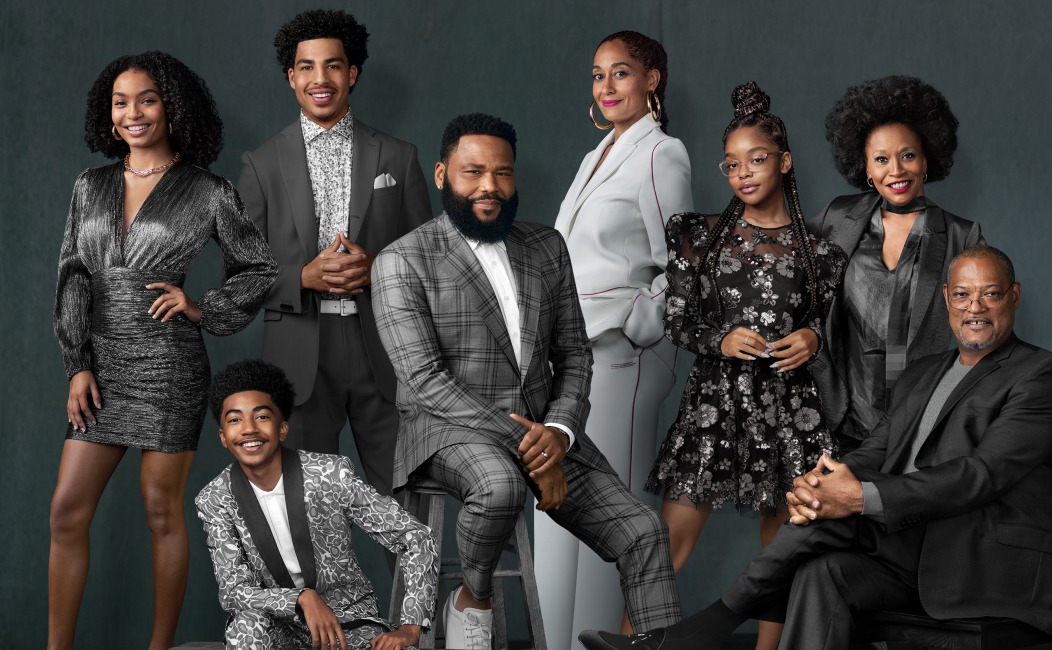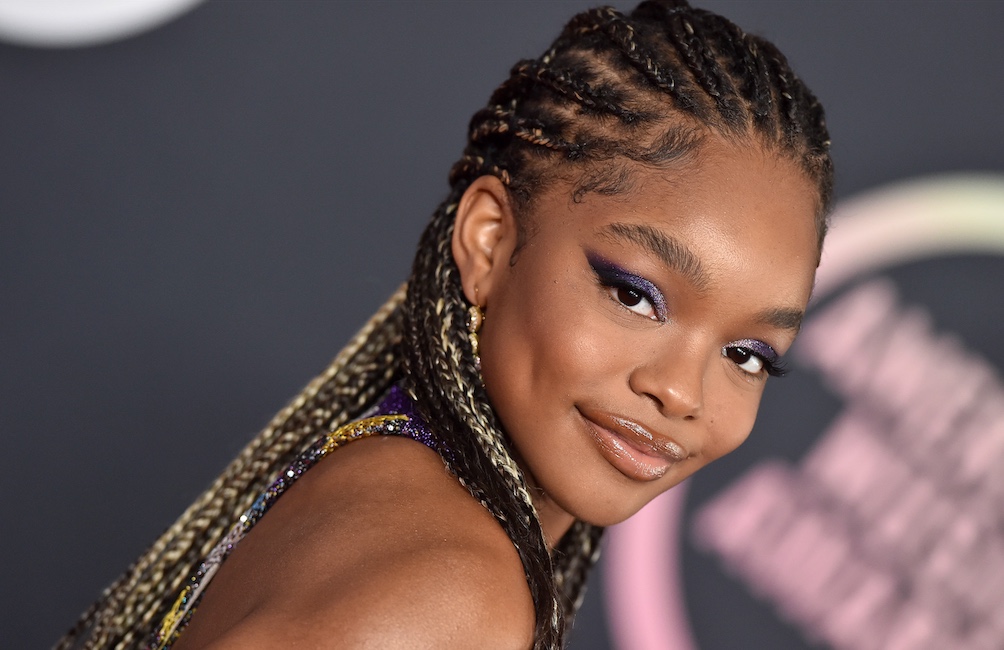
Even With Its Series Finale, ‘Black-ish’ Puts Black People and Black Joy First
As hard as it is to believe, black-ish is over. Yes, we knew it was coming. We had EBONY’s gorgeous Tracee Ellis Ross and Marsai Martin cover celebrating its end, and we chatted with black-ish creator Kenya Barris about the show’s legacy. Heck, Marsai Martin gave us a heads up back in August when she spoke on Paw Patrol. Now there is no more denial. Going forward, this book on the Johnsons is completely closed. True

























